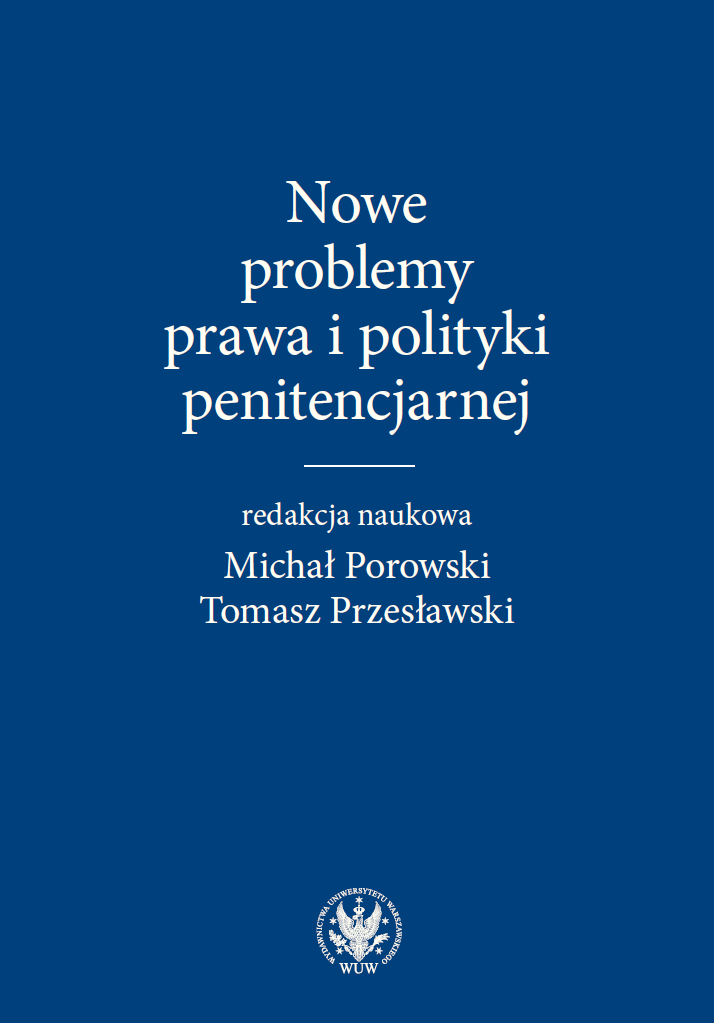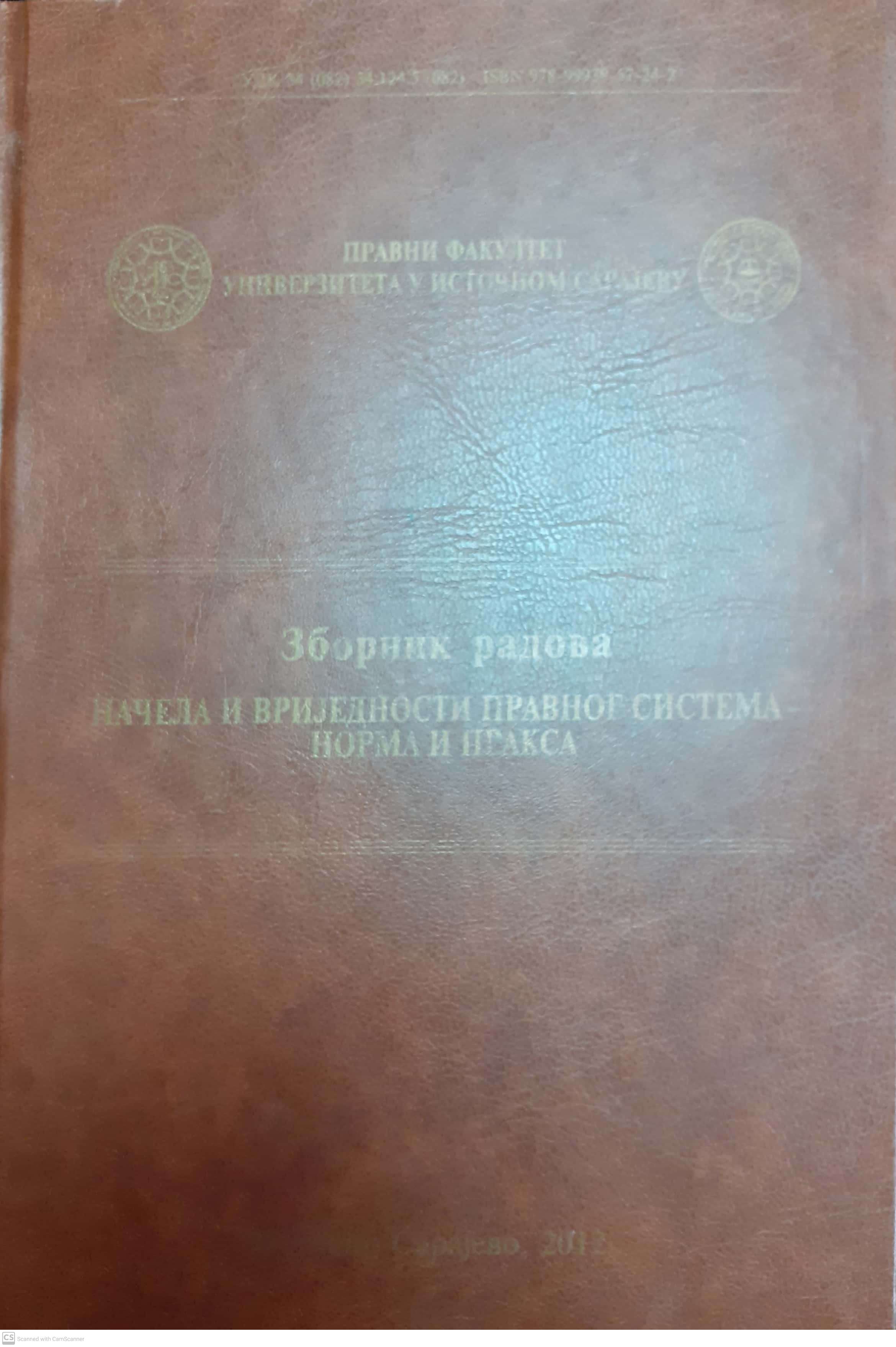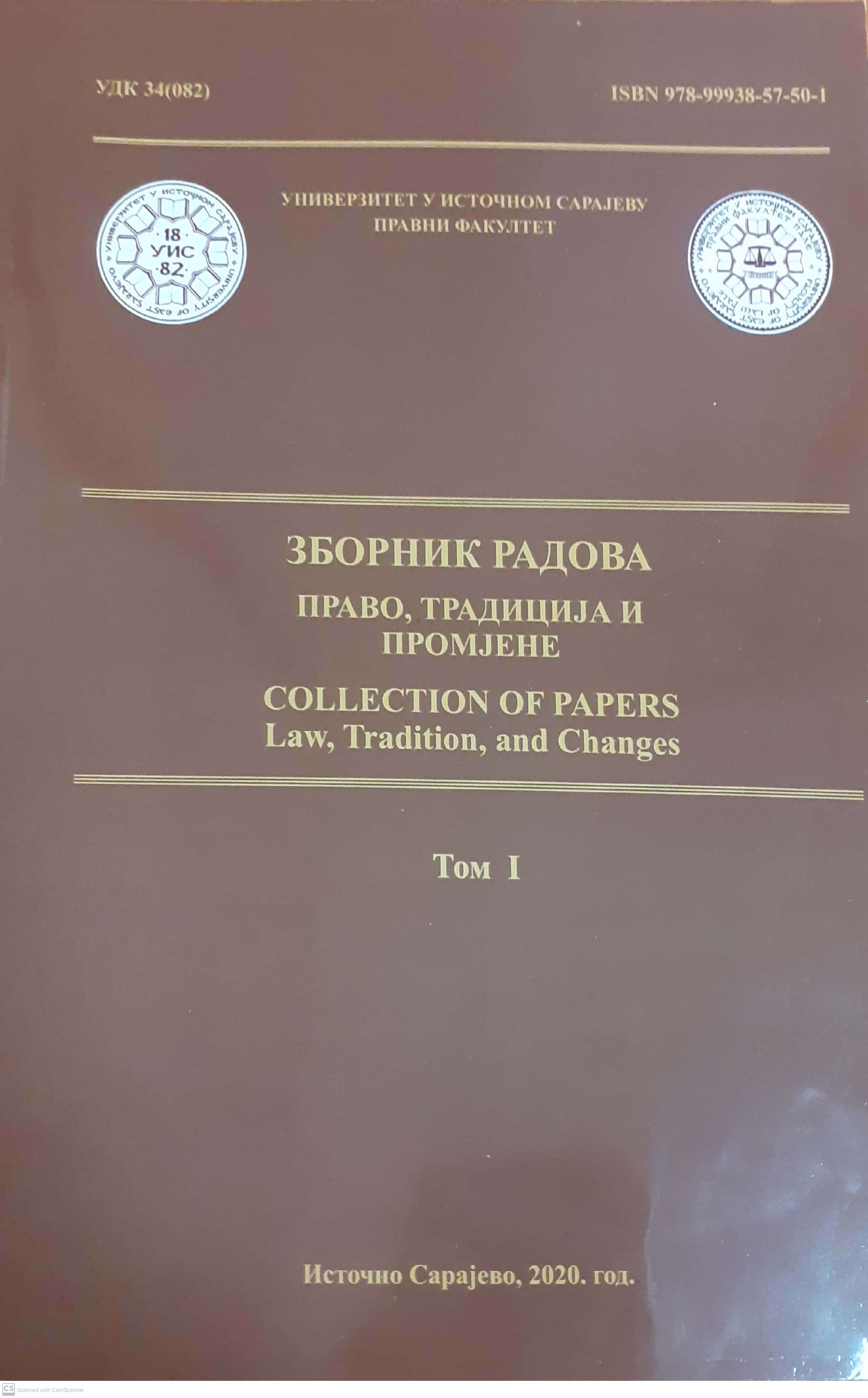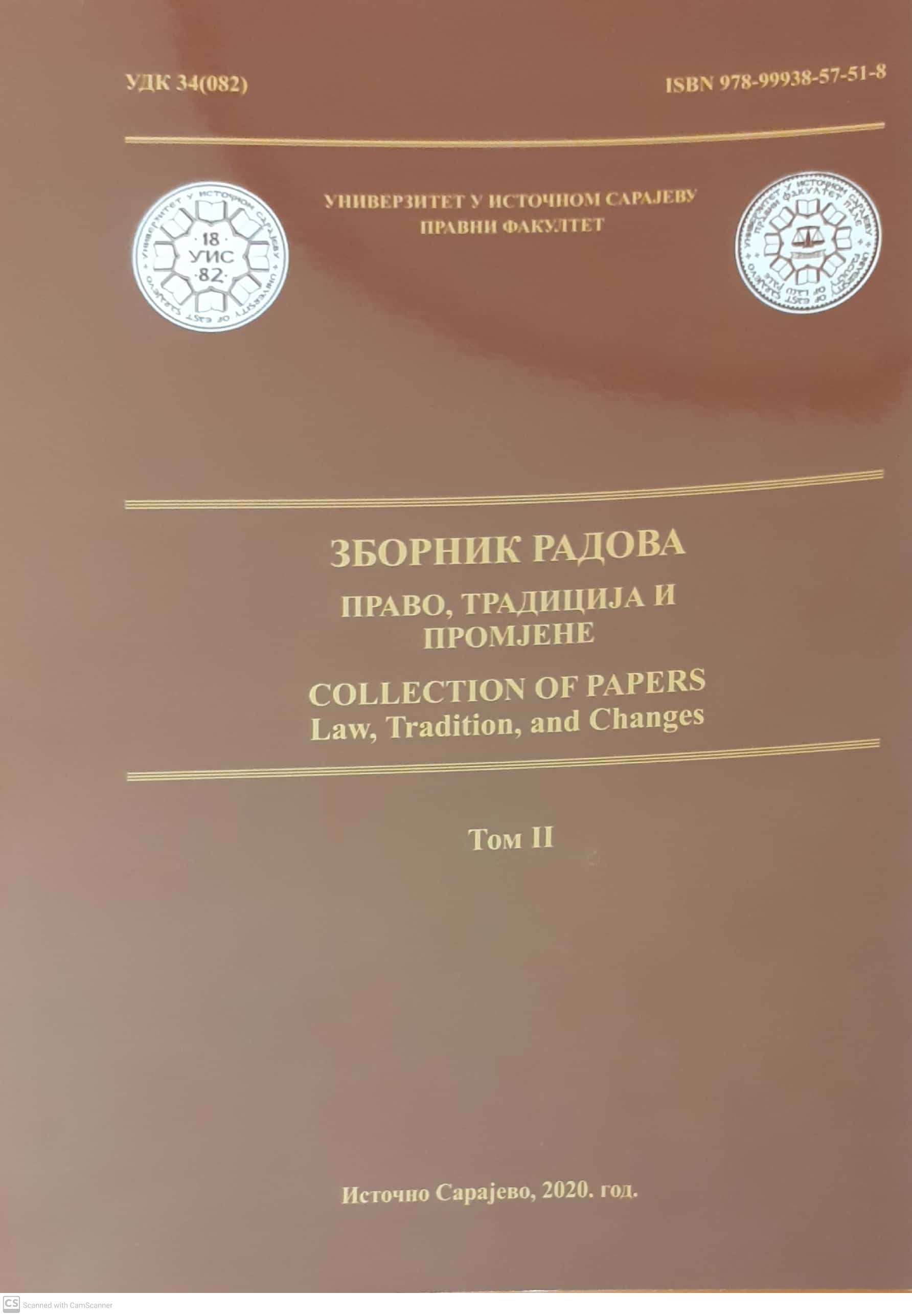
Wolontariat więzienny - zwiastun sprawiedliwości naprawczej?
A collection of articles showing the directions of development of modern penitentiary policy and new problems related to the execution of imprisonment, which appeared in Poland in connection with the political changes of the last 25 years, and in the world - in connection with the pursuit of the widest possible consideration of human rights in dealing with convicts. Penitentiary policy was presented as knowledge belonging to the broadly understood humanities and drawing inspiration from it, because recently there has been a tendency in the literature to identify penitentiary policy with dogmatics and doctrine of executive criminal law, which limits its scope to the juridical aspects of punishment execution. The authors pay attention to axiological premises, social processes, cultural changes and practical solutions that sanction the norms of executive criminal law and the rules of dealing with convicts. The Department of Penitentiary Law and Policy was established in October 1962 at the Faculty of Law of the University of Wrocław on the initiative of Professor Stanisław Walczak. It was the first scientific and research center dealing with prison issues in Poland, located within university structures. In this way, the postulate of many generations of penitentiaries who, from the mid-nineteenth century, made efforts to make this field of knowledge an independent scientific discipline and to introduce it to the group of humanities and academic education programs, was fulfilled. Less than three years later, the Department of the same name was established at the Faculty of Law of the University of Warsaw, also thanks to the efforts of Professor Stanisław Walczak, who was not only its head, but also a teacher and patron of the generation of penitentiaries educated at universities. In 1972, the Department became part of the then newly established Institute of Social Prevention and Rehabilitation at the University of Warsaw, where to this day its employees continue the work started 50 years ago.
More...


